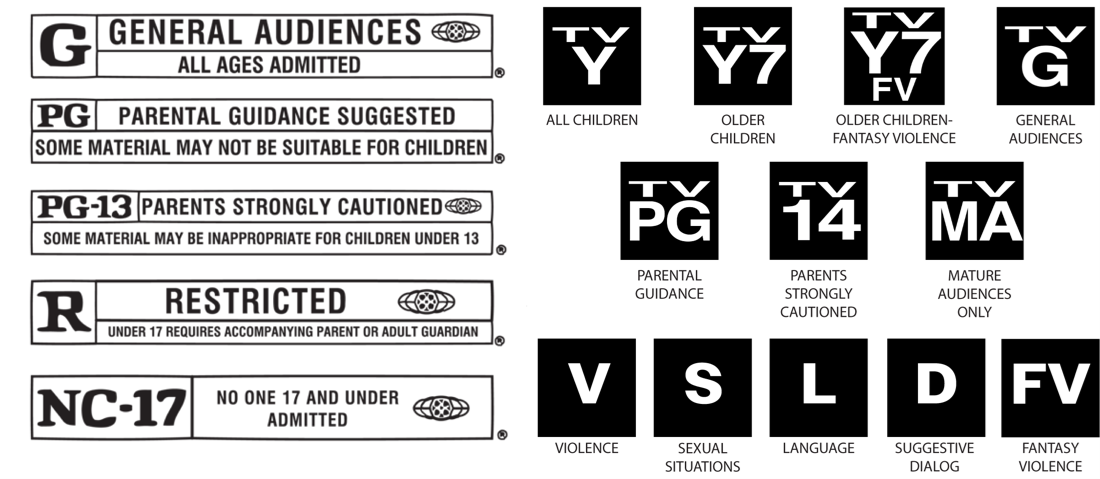North Korean Law Curbs Access to K-Pop and Foreign Films
South Korean pop culture has never been more in demand—even making its way to the citizens of North Korea. But Kim Jong-un and his state media are cracking down on this “vicious cancer” he feels is perverting everything from “ attire, hairstyles, speeches, behaviors ” and, if not regulated, will corrupt North Korean youth.
Kim and his state media have said that if the tide of K-pop, foreign films, and other aspects of foreign culture are not reigned in, the results will be chaotic and North Korea as they know it will “crumble like a damp wall.” According to The New York Times , Kim particularly dislikes the influence of “anti-socialist and nonsocialist” K-dramas, K-pop videos, and South Korean movies, going so far as to command “his government to stamp out the cultural invasion.” Consequently, the North Korean government passed the “anti-reactionary thought law” in December 2020. This law makes it illegal to own or distribute foreign media, and anyone found with or distributing said media will be put in a prison camp or executed.
North Korea’s system of mutual monitoring is reflected in the law, with citizens being asked “to inform on others who watch K-dramas” and provides significant penalties for those found guilty or those responsible for violations. If a worker is caught, then the head of the factory can be punished; parents can be punished for the actions of a child. As The Daily NK’s Editor-in-Chief Lee Sang Yong told the BBC, “In other words, the regime concluded that a sense of resistance could form if cultures from other countries were introduced.”
But it isn’t just South Korean media being put under the microscope. According to News.com.au , an online Australian publication, “impure cultural materials … are commonly passed around on USB sticks” and anyone found with one (that is proven to have media from South Korea, the US, or Japan) faces the death penalty. Anyone found watching any type of foreign media will be put in a prison camp for 15 years.
According to The Daily NK , a man with the surname of Lee, from Gangwon Province, was found to be illegally selling CDs and USBs containing South Korean movies, dramas, and music videos. Under North Korea’s “anti-reactionary thought law,” authorities branded him an “anti-socialist element.” Forty days after his arrest, his immediate family stood with 500 other people while authorities forced them to watch Lee’s public execution.
“The harder the times, the harsher the regulations, laws, punishments become,” Choi said. “If someone watches two hours of illegal material, then that would be three years in a labor camp. This is a big problem.”
Even children are not safe from watching public executions. According to the BBC , Yoon Mi-so told interviewers she was only 11 years old when authorities ordered her entire neighborhood to watch a man executed after he was found with South Korean content. “If you didn’t, it would be classed as treason,” she said from her home in Seoul.
North Korean youth are also being imprisoned. Just this month (June), two high school boys and four girls were each sentenced to re-education camps for five years just for watching South Korean dramas and sharing them among their classmates.
“To Kim Jong-un, the cultural invasion from South Korea has gone beyond a tolerable level,” said Jiro Ishimaru, chief editor of Japan’s Asia Press International . “If this is left unchecked, he fears that his people might start considering the South an alternative Korea to replace the North.”
This isn’t stopping people from trying, however, as the underground market for foreign content has led to development of methods to limit or destroy content quickly or deliberately in attempts to circumvent the law. For example, USB drives can be programmed to delete the content after three failed password attempts, or after one attempt if the content is particularly sensitive. The drives can also be programmed to show a program only once and then delete the content, preventing it from being shared with anyone else.
Media is not the only thing on blast in North Korea. The new law banning foreign media also extends to nose- and lip piercings, hairstyles, texts (or other types of communication) in the South Korean style and even “hemming their trousers above their ankles.” It is believed these restraints are in response to the loss of Western support after the 2020 US presidential election, combined with North Korean borders closing due to COVID-19—resulting in increased economic hardship and looming famine.
Related Posts


SILICON VALLEY
2336-H Walsh Ave.
Santa Clara, CA 95051
+1(408) 550-2344
LOS ANGELES
3900 W Alameda Ave.
Burbank, CA 91505
+1(310) 496-7307









